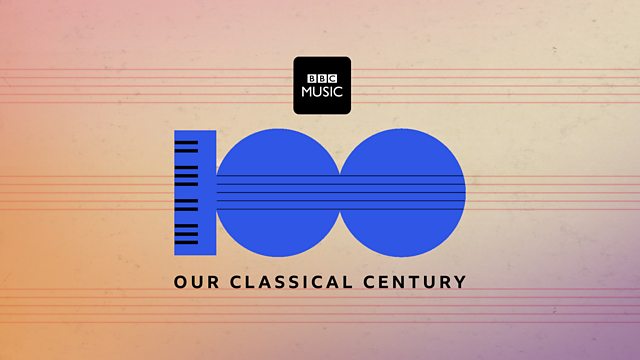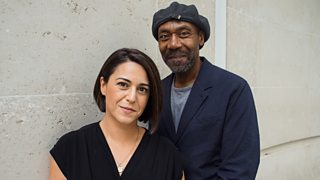
John Tavener: Song for Athene
The work performed at the funeral of Diana, Princess of Wales on 6 September 1997.
Just before noon on Saturday 6 September 1997, eight Welsh guardsmen in full ceremonial dress lifted the coffin of Diana, Princess of Wales from its position in front of the altar of Westminster Abbey. The coffin was draped in the Royal Standard and topped with white flowers: lilies, tulips and daisies.
The sound of the music which accompanied this sad procession as it glided, over seven long minutes, through the cavernous space of the Abbey was striking, unusual and unfamiliar. A deep bass voice held a long, resonant note and a higher male voice intoned an alleluia. On the second phrase, the boys’ voices came in and a familiar text was heard: "May flights of angels sing thee to thy rest", a version of the words Horatio addresses to the dead Hamlet.
To the international politicians, pop-singers, film stars and crowned heads of Europe who packed the Abbey, and to those watching at home, this music was haunting and utterly fitting to the occasion. It was also unknown. The deep bass drone felt as though it came from somewhere other than the Anglican choral tradition to which Westminster Abbey had been home for many centuries. Despite the quote from Shakespeare, this was surely from somewhere a lot further east.
Many things about the funeral were traditional. There was organ music from Parry, Bach, Mendelssohn, and Vaughan Williams. There were hymns: I Vow to Thee my Country to Gustav Holst’s Thaxted, a favourite of Diana’s; and Guide me O thou Great Redeemer to Cym Rondda, acknowledging that she was the Princess of Wales. But Diana’s mould-breaking modernity was acknowledged too. The new Prime Minister, Tony Blair read from Corinthians about love; Diana’s friend Elton John sat at a piano and sang an adapted version of Candle In the Wind; and Diana’s brother, the Earl Spencer, gave an emotional speech that was spontaneously applauded by the congregation and by those outside in the streets.
Song for Athene had been written four years earlier by the English composer Sir John Tavener - a friend of the Prince of Wales and a convert to the Greek Orthodox faith. Athene was not the ancient Greek goddess but a young friend of the composer who had been killed in an accident. Tavener wrote this luminous music in her memory, setting the Hamlet text with new words written by Mother Thekla, an orthodox nun. It was the right music with the right words in the right place at the right time. It became John Tavener’s best known work.
This is one of 100 significant musical moments explored by �鶹�� Radio 3’s Essential Classics as part of Our Classical Century, a �鶹�� season celebrating a momentous 100 years in music from 1918 to 2018. Visit bbc.co.uk/ourclassicalcentury to watch and listen to all programmes in the season.
This is an archive recording by the �鶹�� Singers conducted by Peter Phillips.
Duration:
This clip is from
Featured in...
![]()
The music of Our Classical Century—Our Classical Century
100 recordings to celebrate 100 years of exciting, inspirational, rule-busting music.
More clips from Our Classical Century
-
![]()
Step outside your musical tribe
Duration: 02:49



